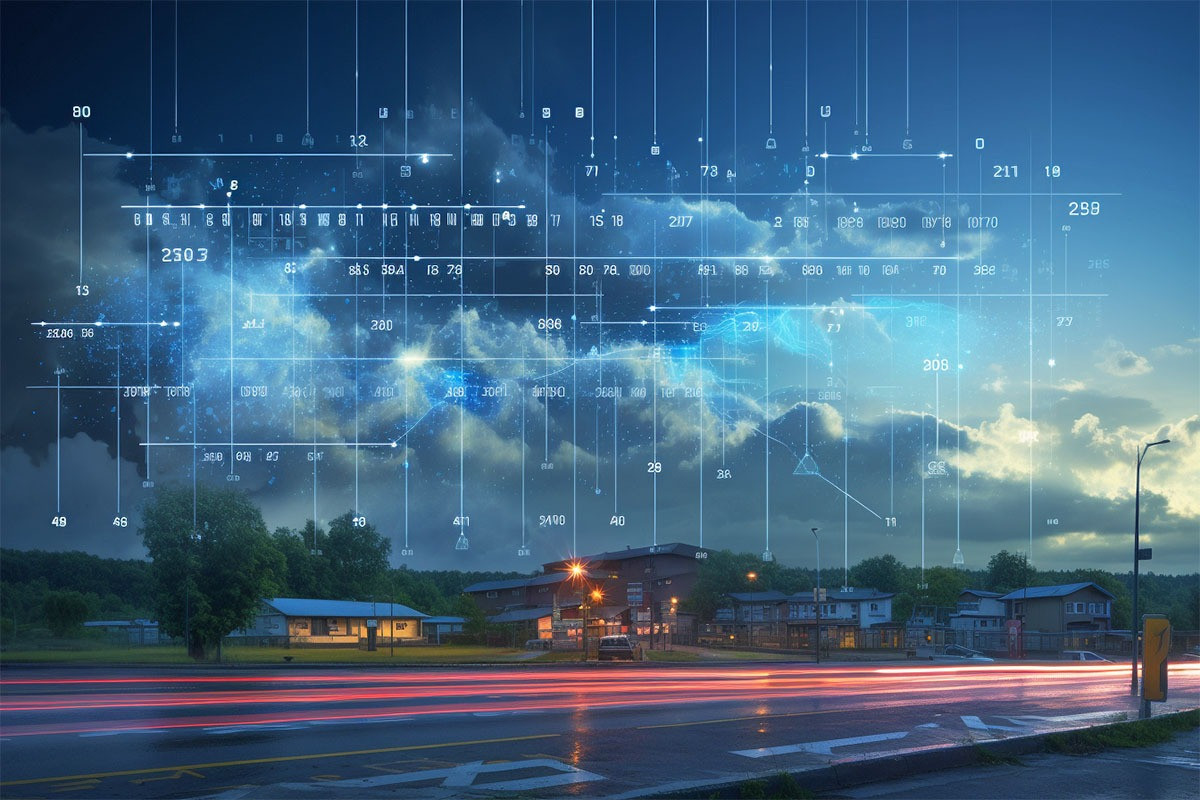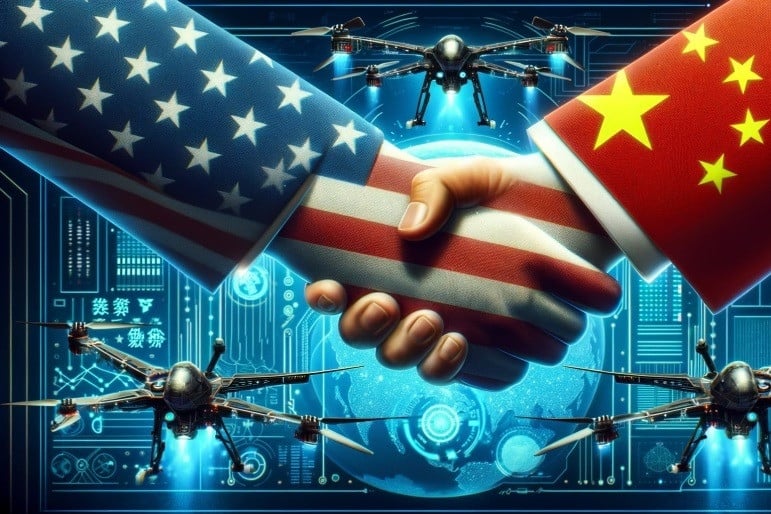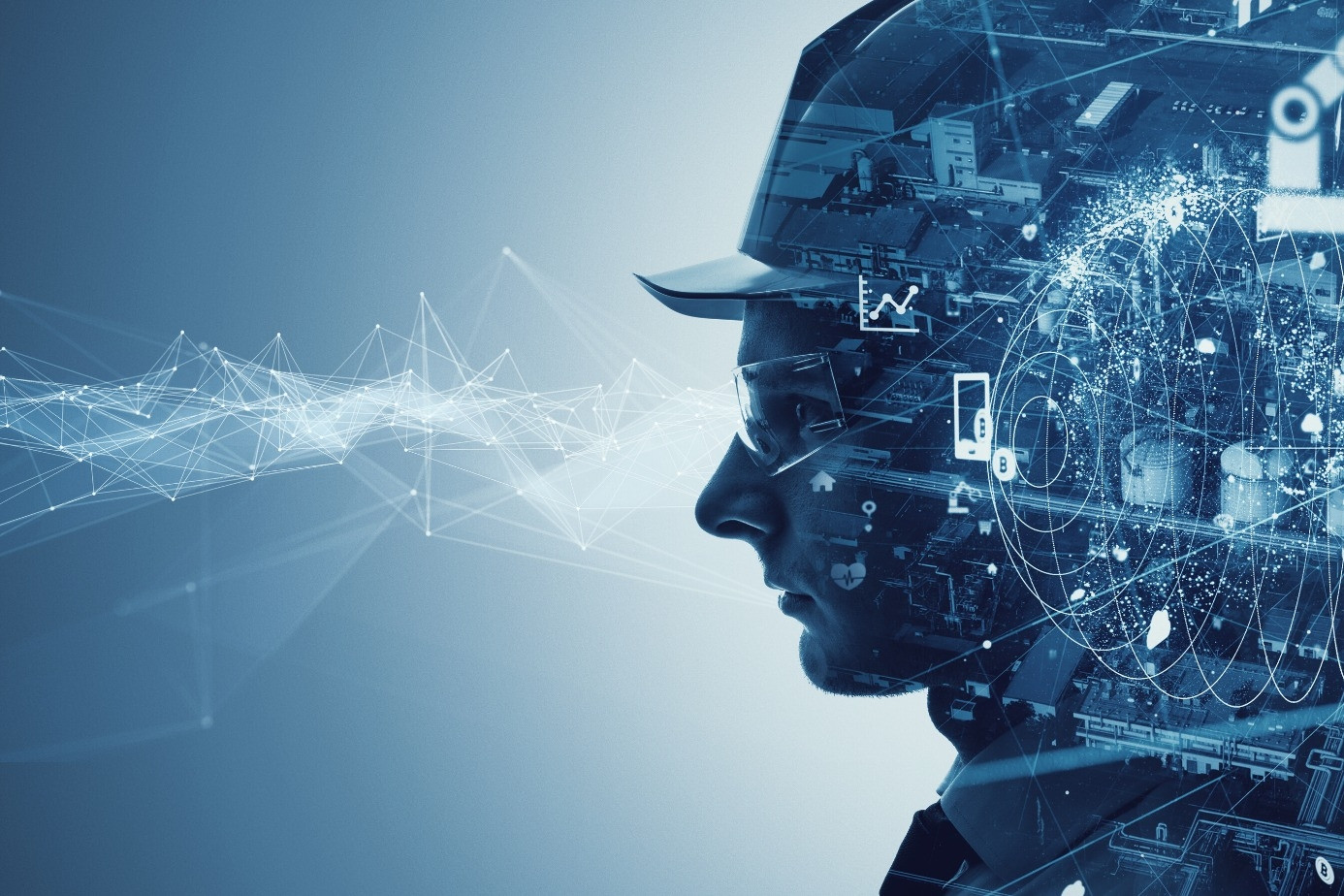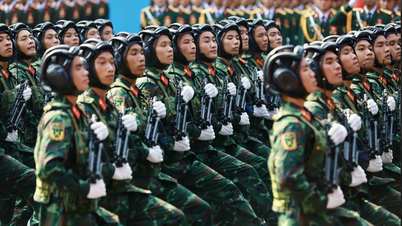In recent tests, GraphCast has outperformed the European Centre for Medium-Range Weather Forecasts (ECMWF) system in forecast accuracy.
In research published in the journal Science, GraphCast was able to make more accurate forecasts for 90% of the 1,380 parameters tested, including temperature, pressure, wind speed and direction, and humidity.
Most importantly, GraphCast significantly outperforms in predicting extreme natural weather events.

In September 2023, GraphCast predicted Hurricane Lee would make landfall on the coast of Nova Scotia, Canada, nine days before the event, while traditional weather forecasting tools predicted only six days in advance. Additionally, they proved to be less accurate in terms of the time and location of landfall.
Research shows: “GraphCast can predict hundreds of weather variables for 10 days worldwide in less than a minute.”
The GraphCast model combines machine learning algorithms and “graph neural networks” (GNNs) - an architecture for processing spatially structured data.
The system is trained using over 40 years of ECMWF-archived meteorological data. GNN enables rapid forecast generation using minimal computing resources.
GraphCast's primary mission is to predict the interactions between atmospheric conditions at different locations around the globe.
However, despite significant advances by Google DeepMind, weather forecasting remains a challenging task.
The GraphCast system is not yet capable of providing the complex information that is critical for forecasting weather events like hurricanes.
At the same time, while traditional forecasting models are better able to adapt to climate change, AI models trained on historical data still struggle as climate conditions change.
However, DeepMind researchers expressed confidence in the model’s ability to scale to different types of weather systems. A test version of GraphCast is currently available on the ECMWF website.
(according to Infocity)

Artificial Intelligence Launches New Era of Precision Medicine
With the ability to analyze massive amounts of data and detect patterns that the human eye cannot see, artificial intelligence is changing the way diseases are diagnosed and classified.

US and China to announce 'historic agreement' on banning artificial intelligence applications
US President Joe Biden and Chinese President Xi Jinping are expected to announce a historic agreement to ban the use of artificial intelligence (AI) in the military.

The Role of Artificial Intelligence in Optimizing Manufacturing Processes
As technology continues to advance at an unprecedented pace, the manufacturing industry is leveraging the power of artificial intelligence (AI) to optimize its processes.
Source



![[Photo] "Lovely" moments on the 30/4 holiday](https://vphoto.vietnam.vn/thumb/1200x675/vietnam/resource/IMAGE/2025/5/1/26d5d698f36b498287397db9e2f9d16c)
![[Photo] Binh Thuan organizes many special festivals on the occasion of April 30 and May 1](https://vphoto.vietnam.vn/thumb/1200x675/vietnam/resource/IMAGE/2025/5/1/5180af1d979642468ef6a3a9755d8d51)

![[Photo] Ha Giang: Many key projects under construction during the holiday season](https://vphoto.vietnam.vn/thumb/1200x675/vietnam/resource/IMAGE/2025/5/1/8b8d87a9bd9b4d279bf5c1f71c030dec)































































































Comment (0)